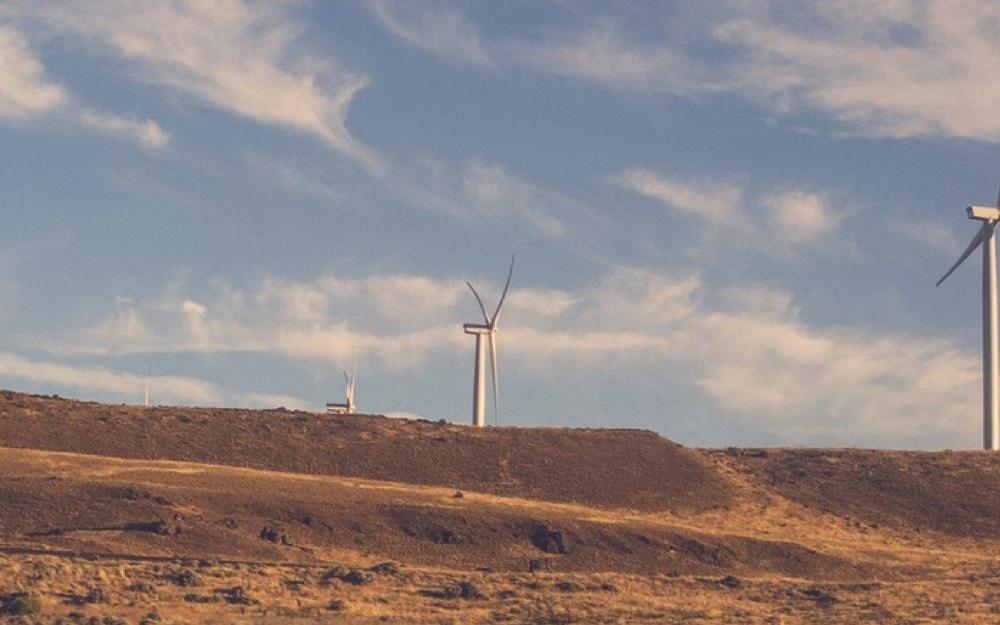The challenges and opportunities of clean technology were a major focus at Canada 3.0 2014, which wrapped up in Calgary on Thursday.
That focus was evident right from the opening panel of the three-day conference, when Suzanne West, President and CEO of Imaginea Energy, challenged the audience to focus on ‘AND’, by urging companies to “make a profit AND make the planet healthier AND treat your employees fairly.”
On Wednesday evening, CleanTech Canada and Climate Change and Emissions Management Corporation (CCEMC) responded to this challenge by launching “CleanTech Directions 2014,” a survey of the state of the cleantech industry in Canada. The report notes there is reason for optimism, as the industry is projected to grow from $11 billion today to $28 billion by 2028.
But difficulties remain, particularly for small- and medium-sized enterprises (SMEs) trying to engage with larger energy companies. Kirk Andries, Managing Director of the CCEMC, feels his organization can help, and had a simple message for technology developers: “We don’t want your IP or to make money off your technology. We want to reduce [greenhouse gases] and we want to work with SMEs to accomplish that.”
The CCEMC is set to launch its next competition in the coming weeks, and wants to ensure substantial and transformative technologies will come forward.
Thursday morning’s breakout session aimed to find ways to make that happen, using an “inspired dialogue” format to identify barriers to innovation and ways to overcome them. Participants were split into 10 groups, with a facilitator guiding a conversation built around their experience. With representatives from government, technology companies, energy companies, academia and support organizations in the room, there much experience to draw on.
Richard Liang, the co-founder and CTO of AOMS technology, felt the session was particularly valuable for a young tech entrepreneur like him, because “you don’t just meet people, but get a chance to understand the challenges they are facing in their industry and contribute ideas to the process.”
The facilitators will assemble input from the session and post it on the CCEMC website.
Minister of State Michelle Rempel echoed many of these themes in her closing keynote address on Thursday morning, stressing that Canadians expect a high degree of environmental performance along with the economic benefits provided by the energy industry.
Rempel highlighted the opportunities the energy industry creates for secondary and tertiary industries, and urged technology entrepreneurs to apply for the Western Innovation Initiative, a five-year, $100-million program to help SMEs in Western Canada bring their ideas to the marketplace.
